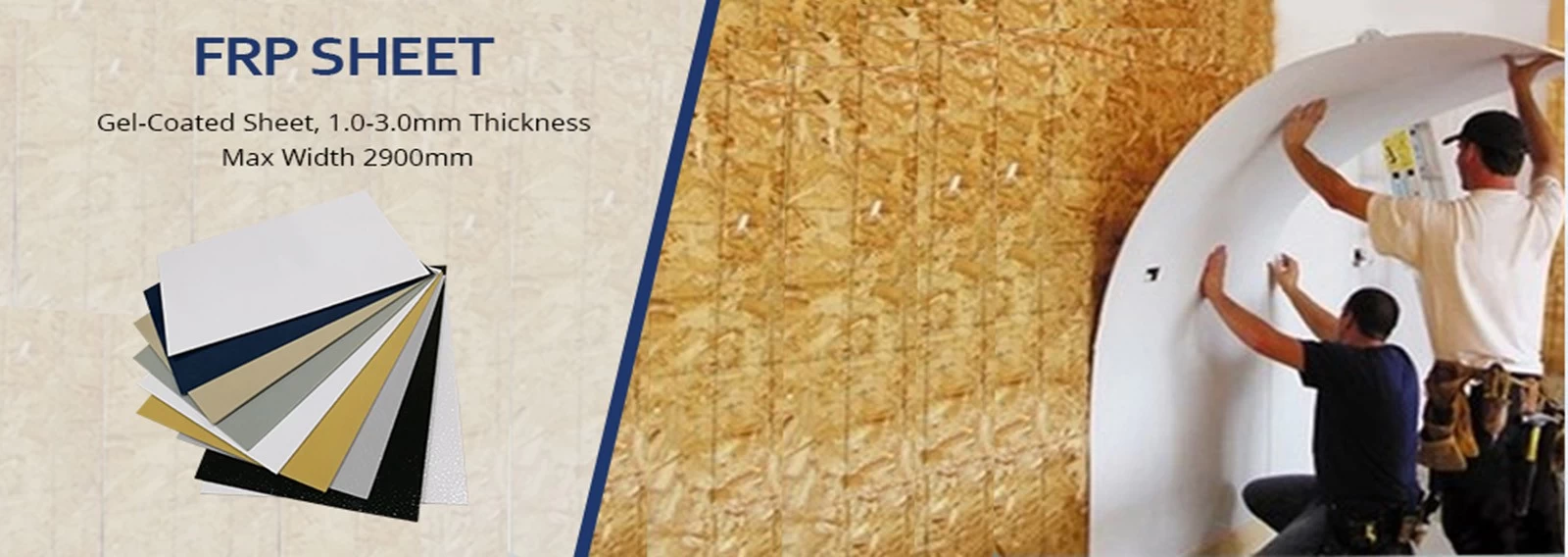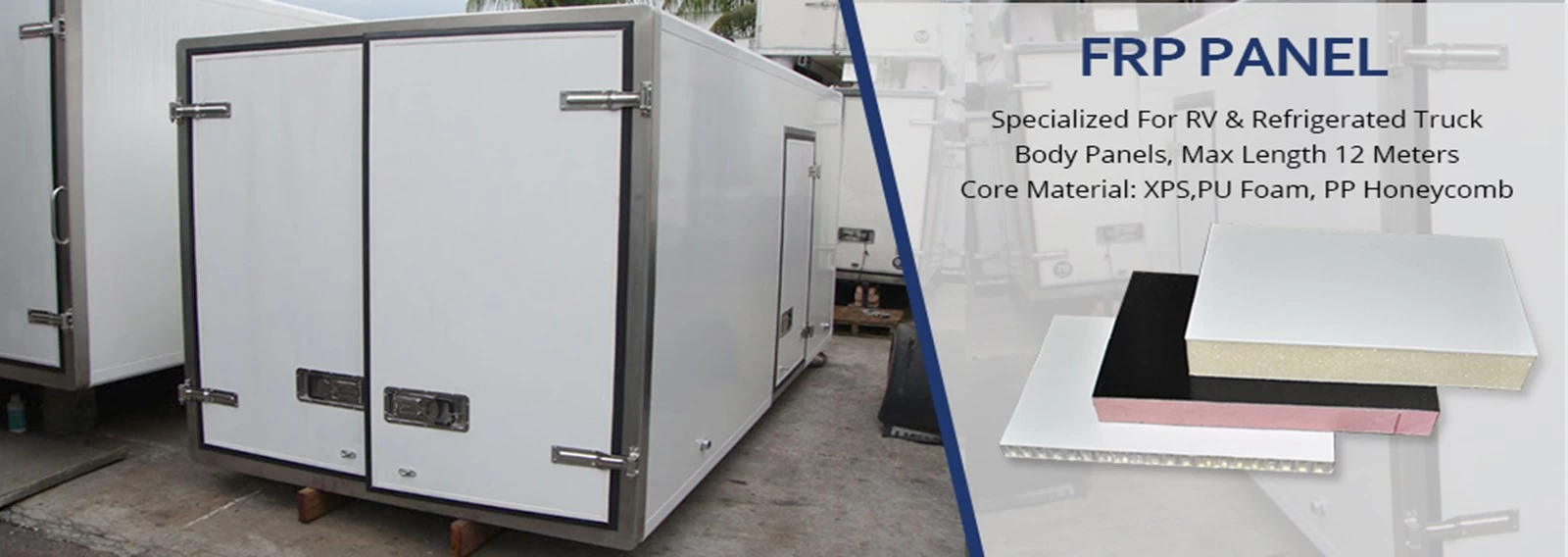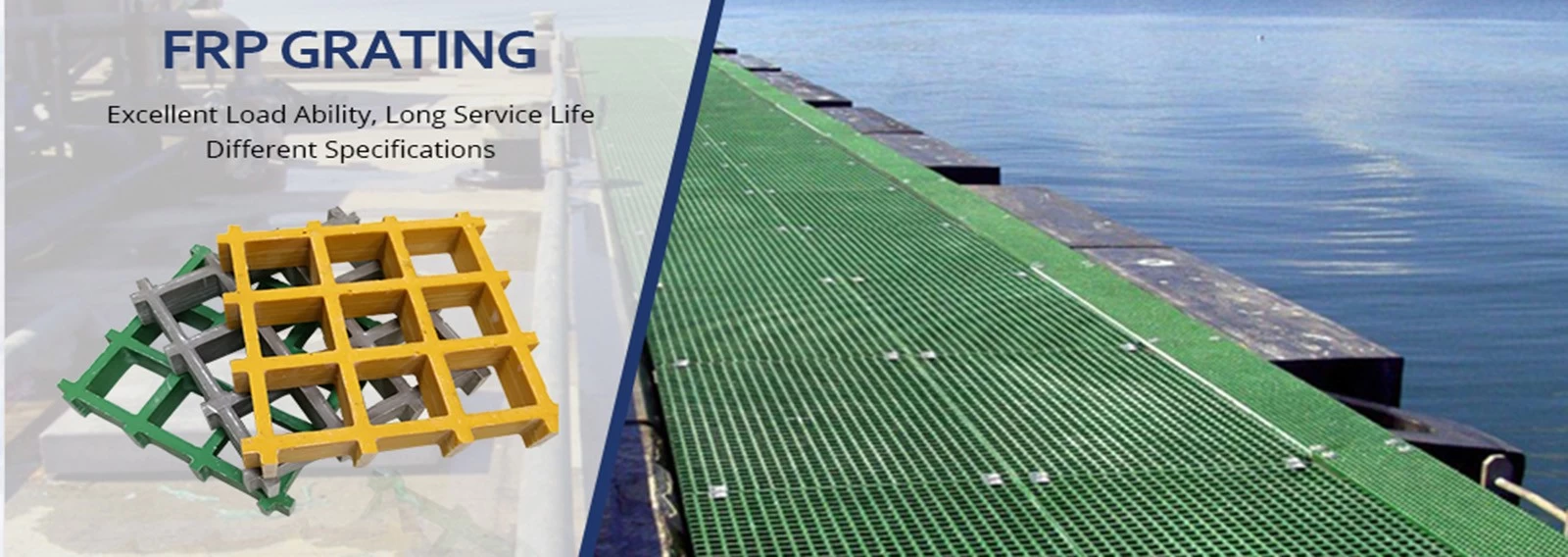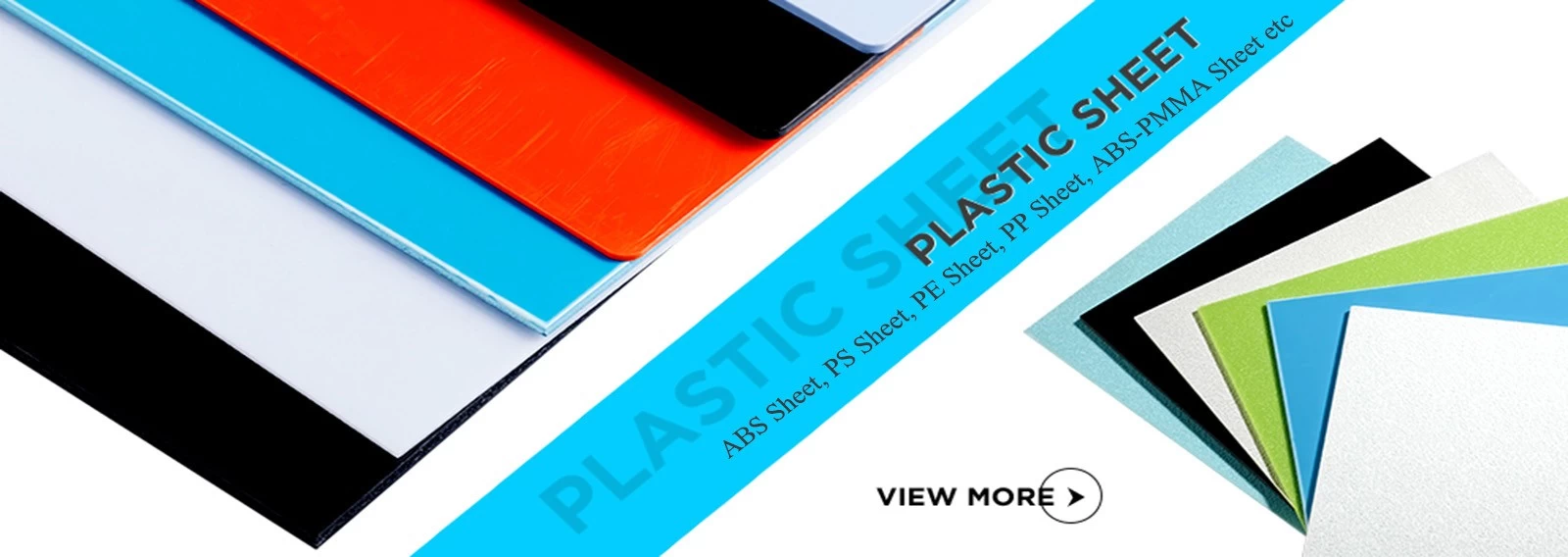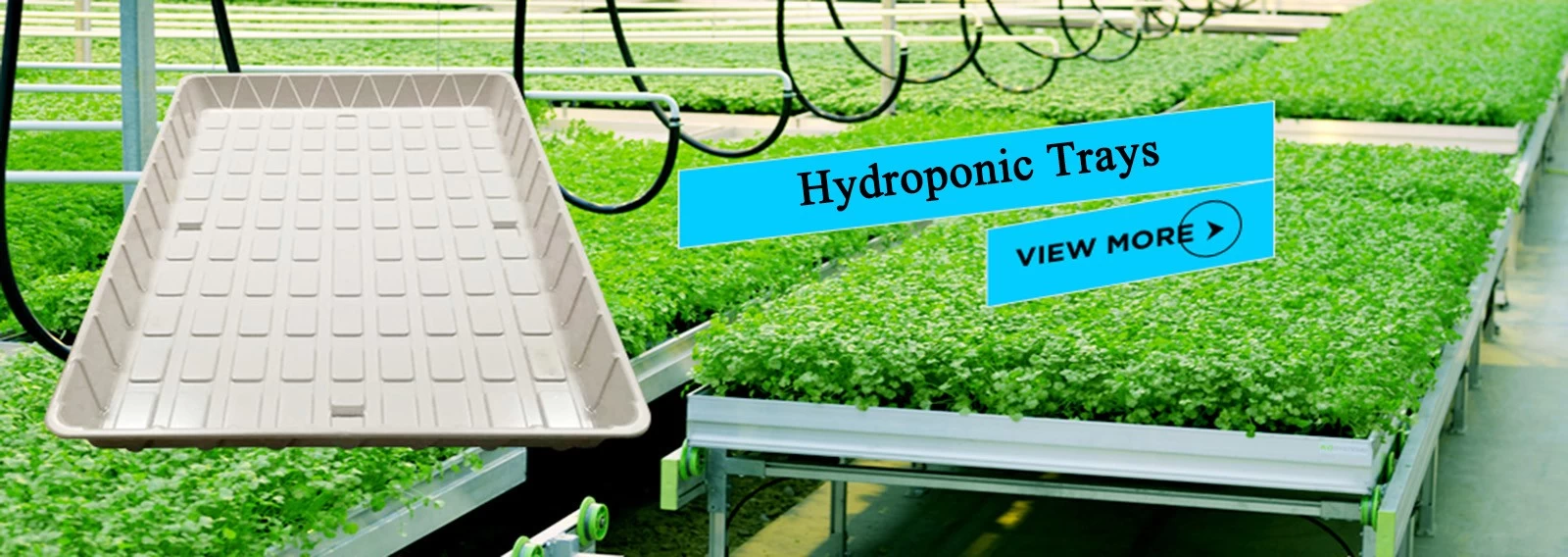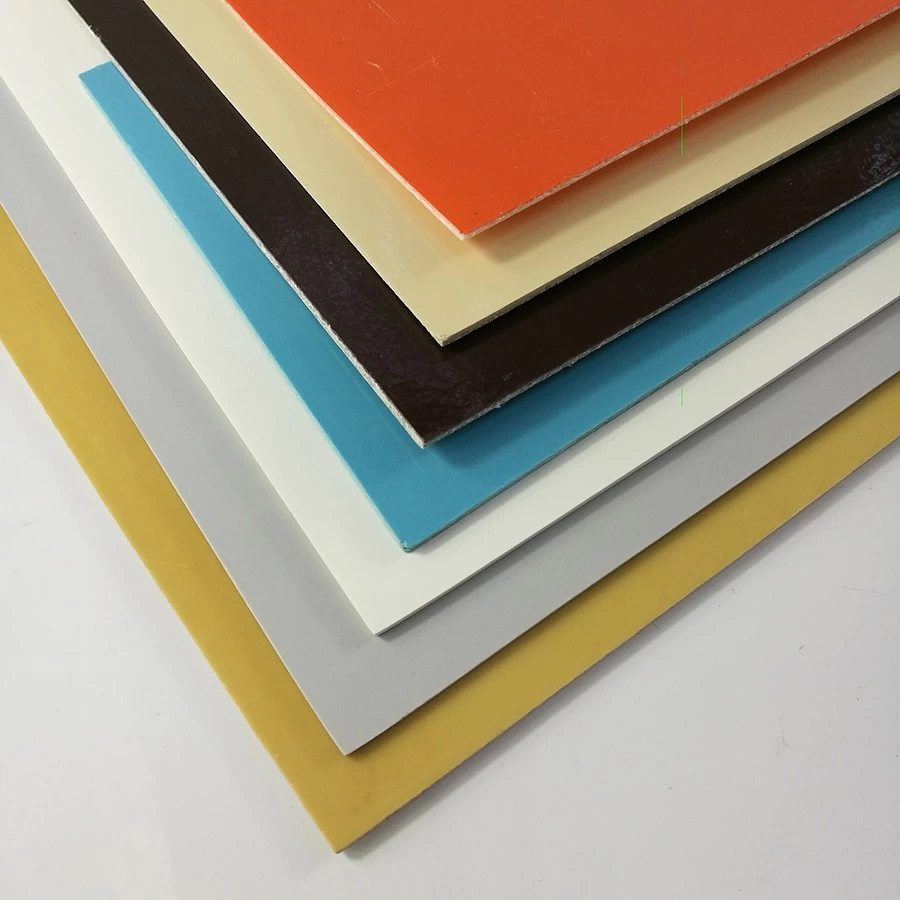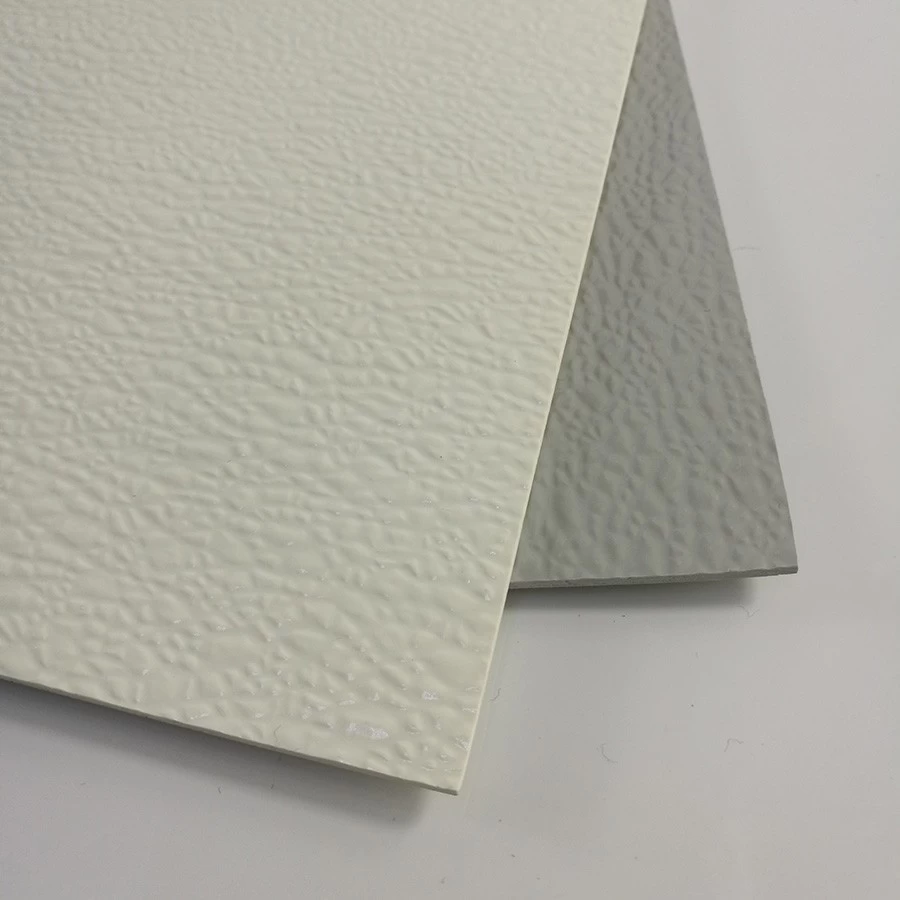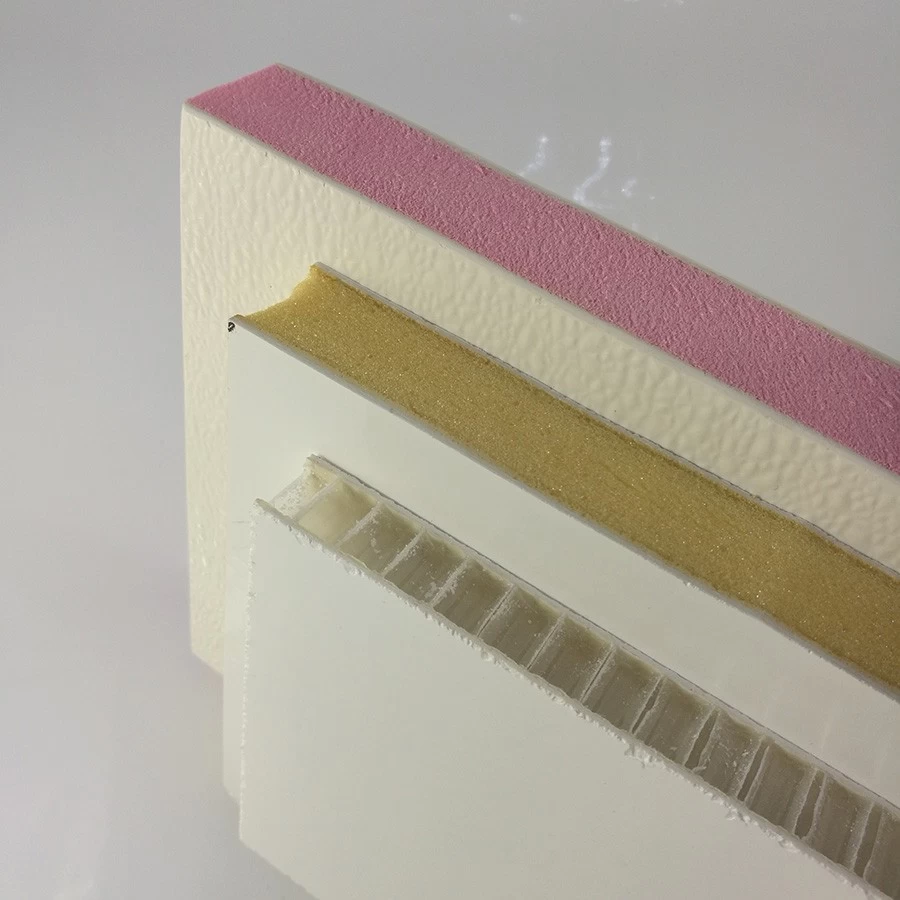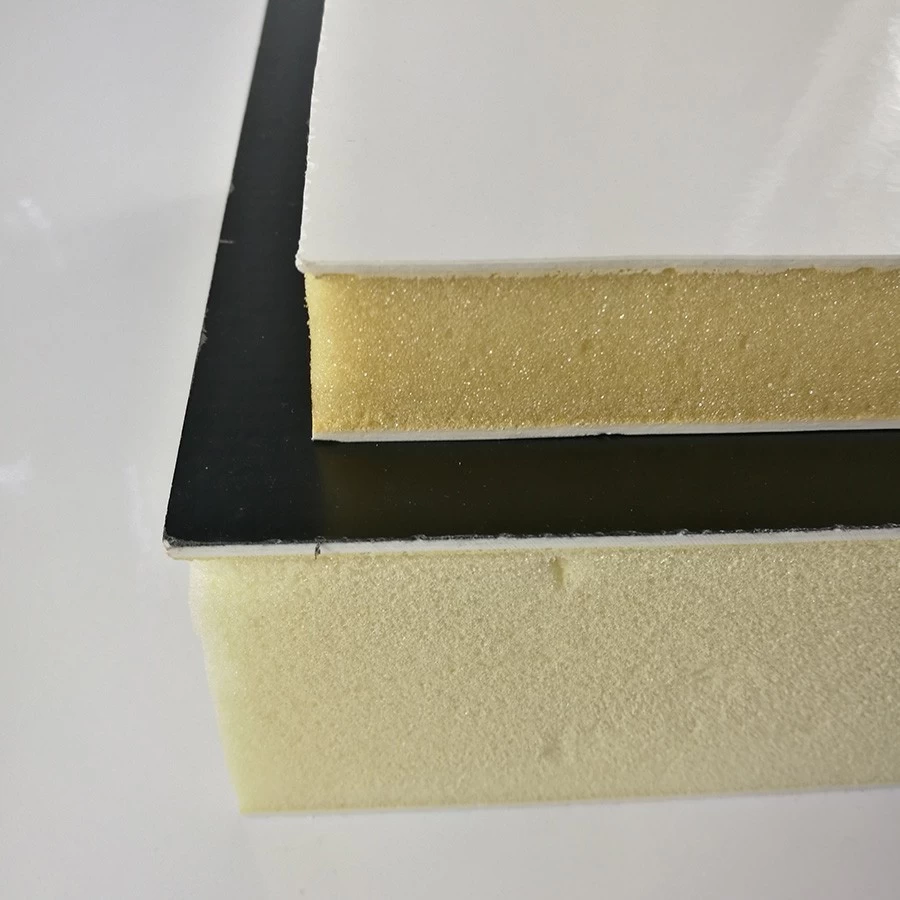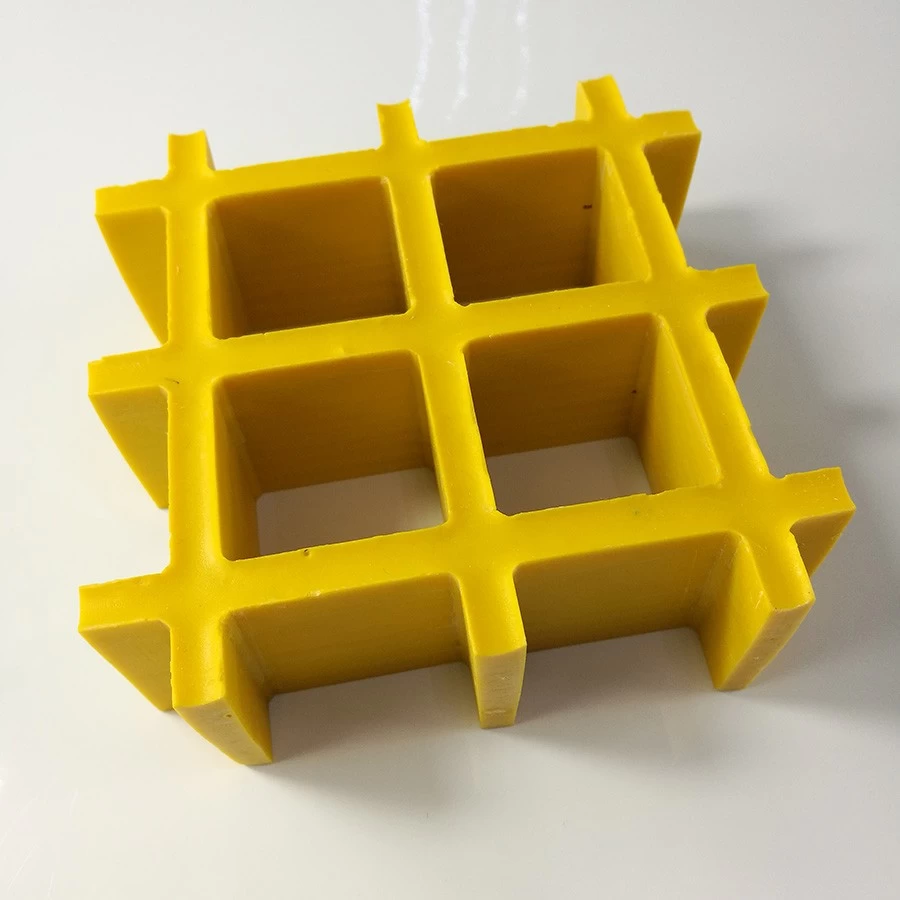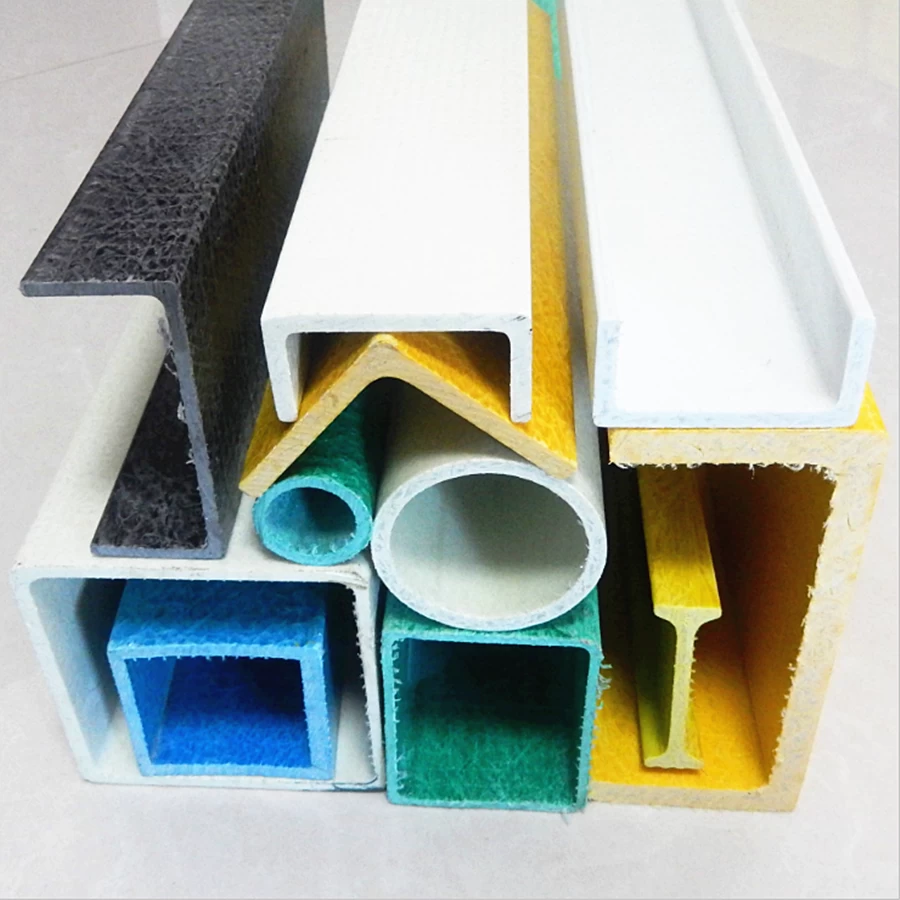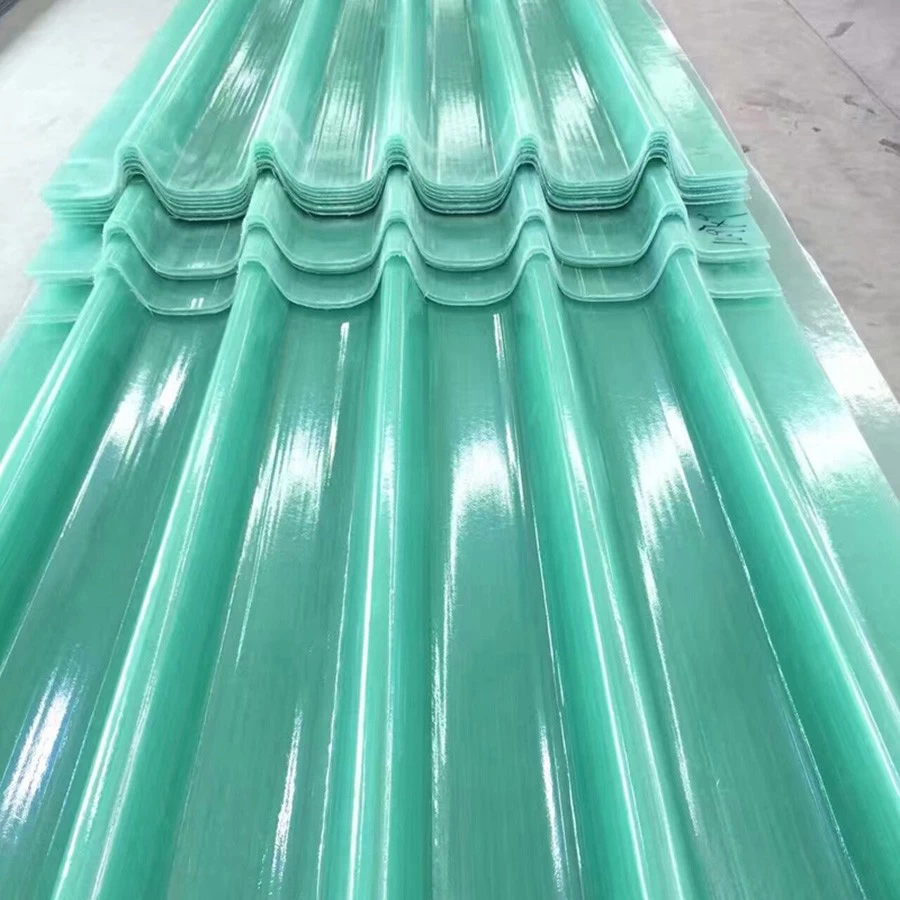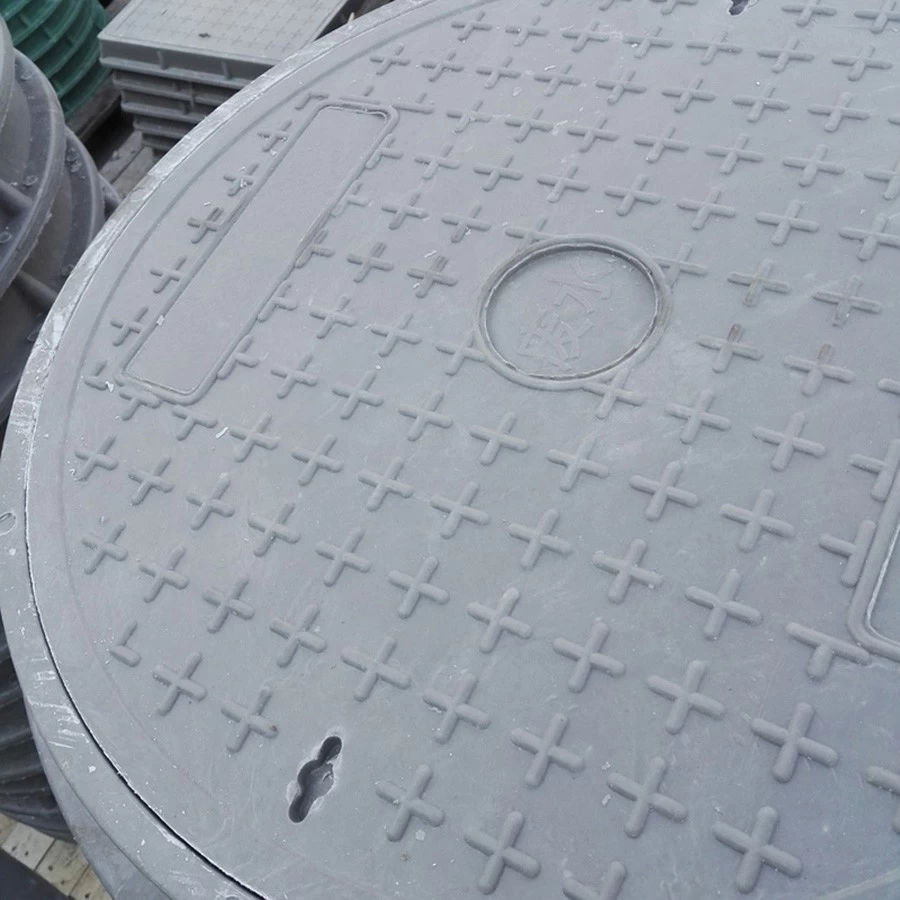Sandwich Insulated Exterior Wall Panel Technology Analysis: Combining Decoration and Insulation
I. Advantages of Fiberglass Sandwich Composite Panels
Fiberglass sandwich composite panels are a composite material made of glass fiber and other raw materials, offering the following advantages.
1. Lightweight: Because glass fiber is inherently lightweight, fiberglass sandwich composite panels are also very light, making them significantly easier to transport and install.
2. High Strength: Because glass fiber is inherently strong, and this strength is maintained in all directions, fiberglass sandwich composite panels possess high strength and can withstand a wide range of loads.
3. Corrosion Resistance: Glass fiber exhibits excellent corrosion resistance, and this property is highly stable, making fiberglass sandwich composite panels safe for use in corrosive environments such as acid, alkali, and salt spray.
4. Waterproofing: The surface of fiberglass sandwich composite panels is coated with a special adhesive film that effectively prevents water penetration, ensuring safe use in humid environments.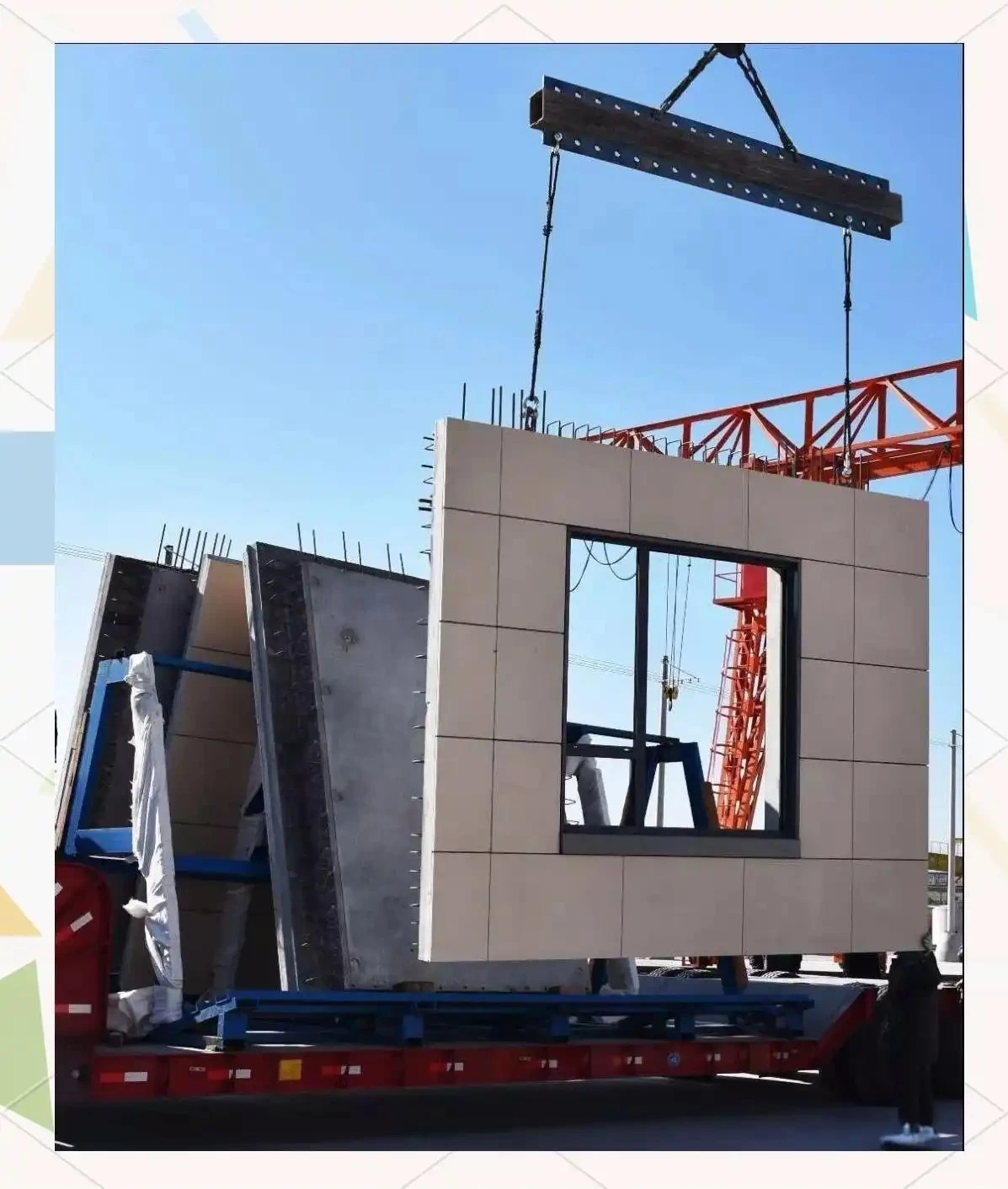
II. Applications of Fiberglass Sandwich Composite Panels
Due to the above advantages, fiberglass sandwich composite panels have found widespread application in the following areas.
1. Construction: Fiberglass sandwich composite panels can be used in decorative building materials such as walls and ceilings. They are not only aesthetically pleasing and practical, but also enhance the durability and safety of buildings.
2. Transportation: Fiberglass sandwich composite panels can be used in the interior or exterior of vehicles such as cars, trains, and airplanes. They offer lightweight, high strength, durability, and stability.
3. Shipbuilding: Fiberglass sandwich composite panels can be used in ship hulls, hatches, and floor panels, effectively reducing weight, increasing load capacity, and improving strength and stability.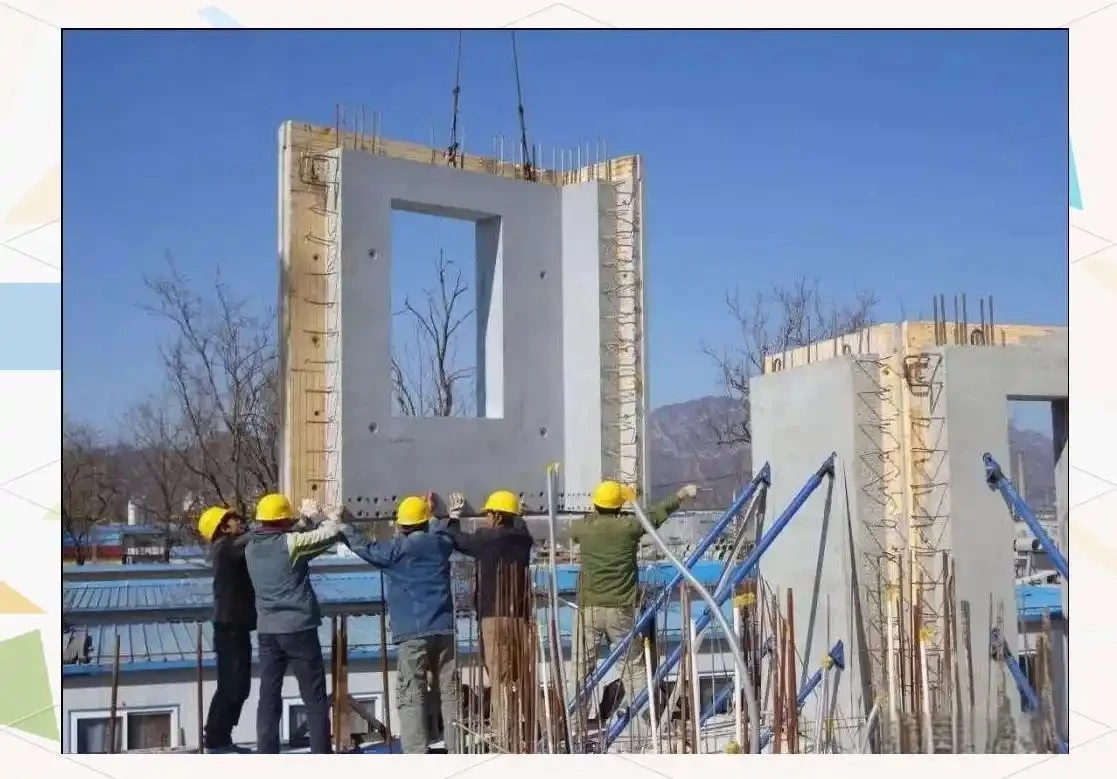
In summary, fiberglass sandwich composite panels, with their advantages of lightweight, high strength, corrosion resistance, and waterproofing, have found widespread application in construction, transportation, shipbuilding, and other fields, and are expected to become an increasingly popular material in the future.








